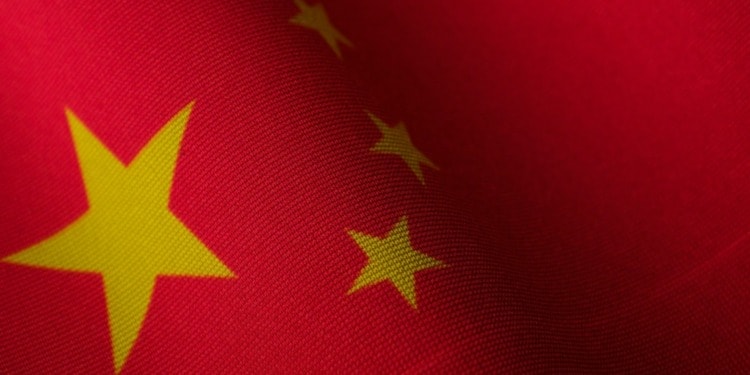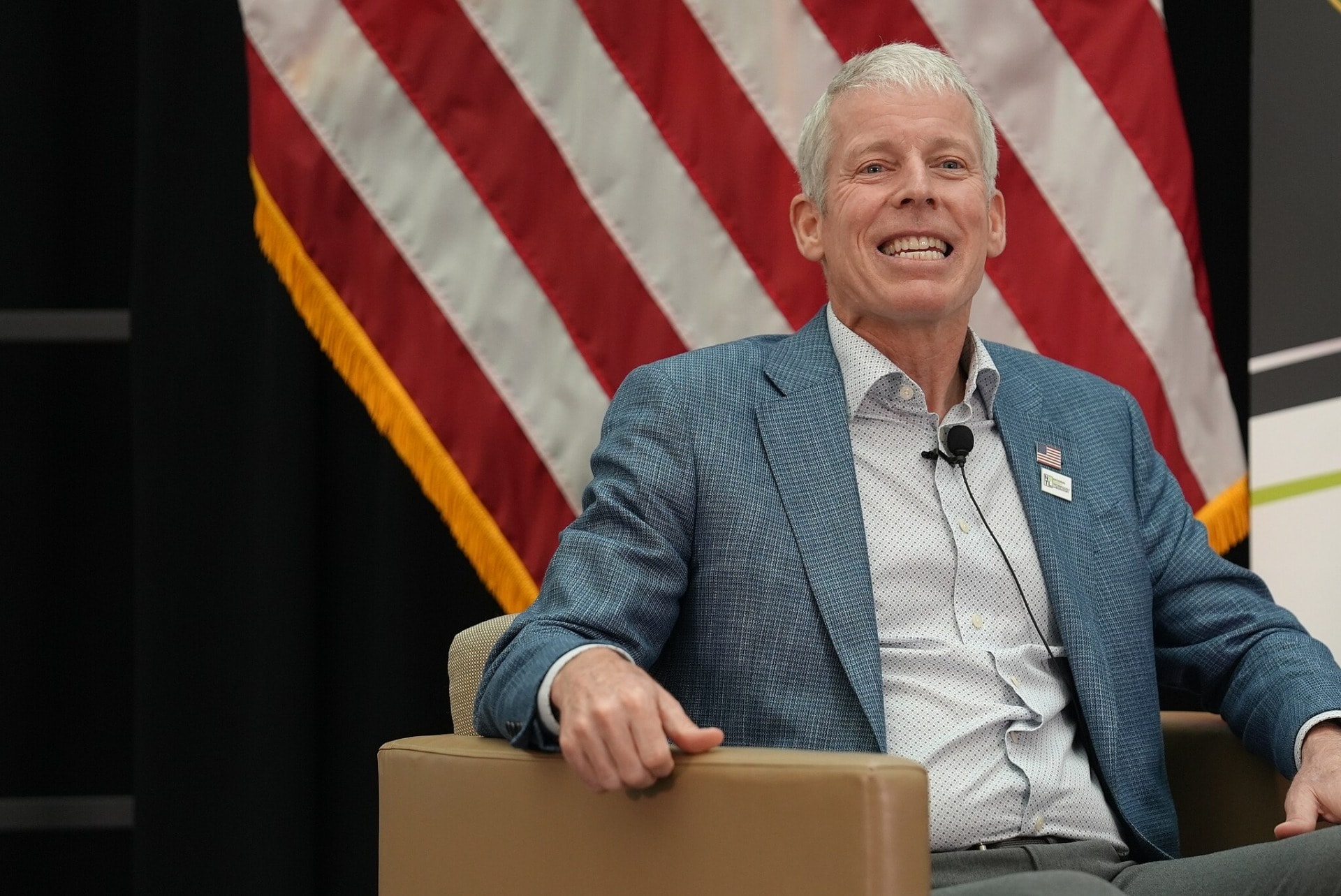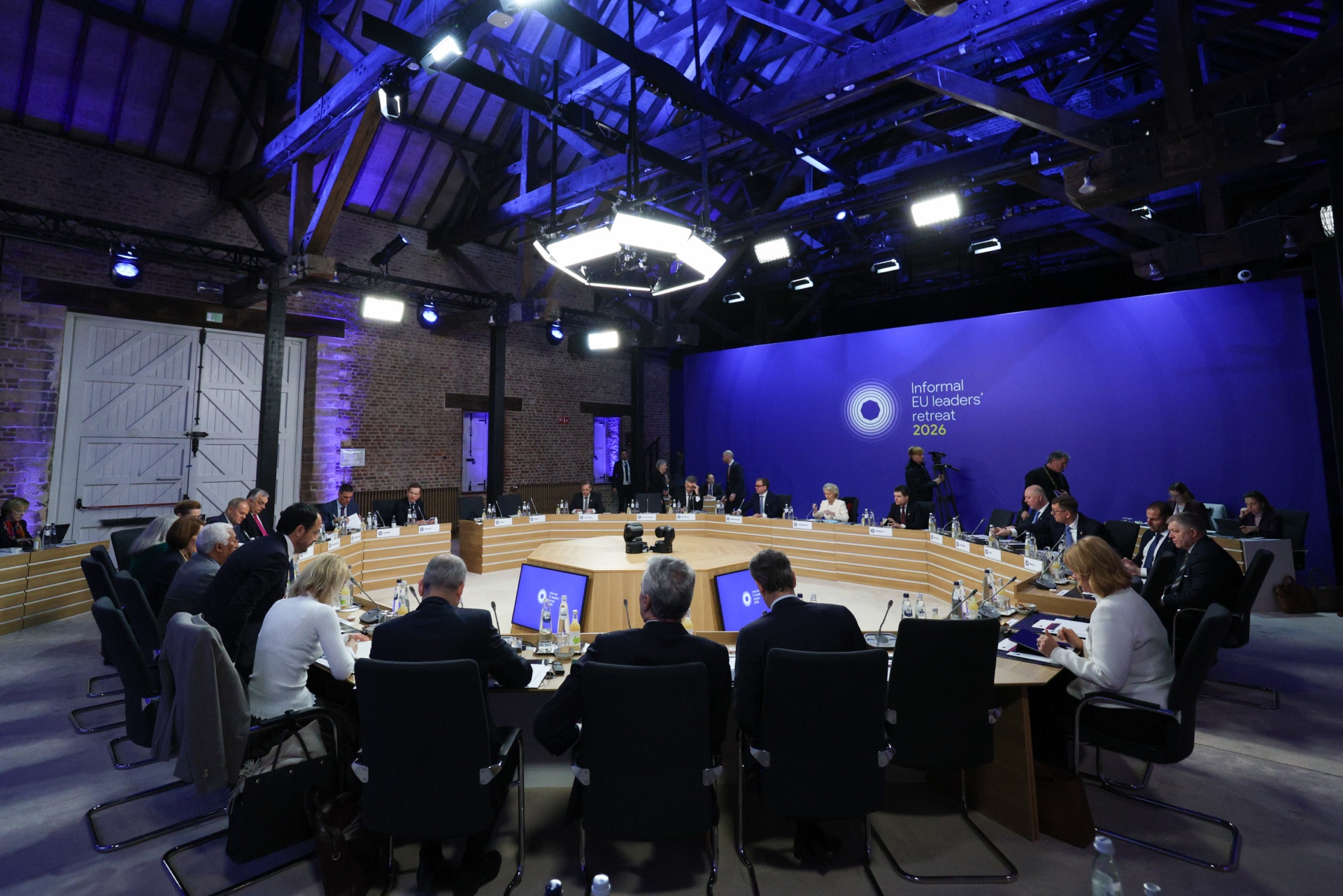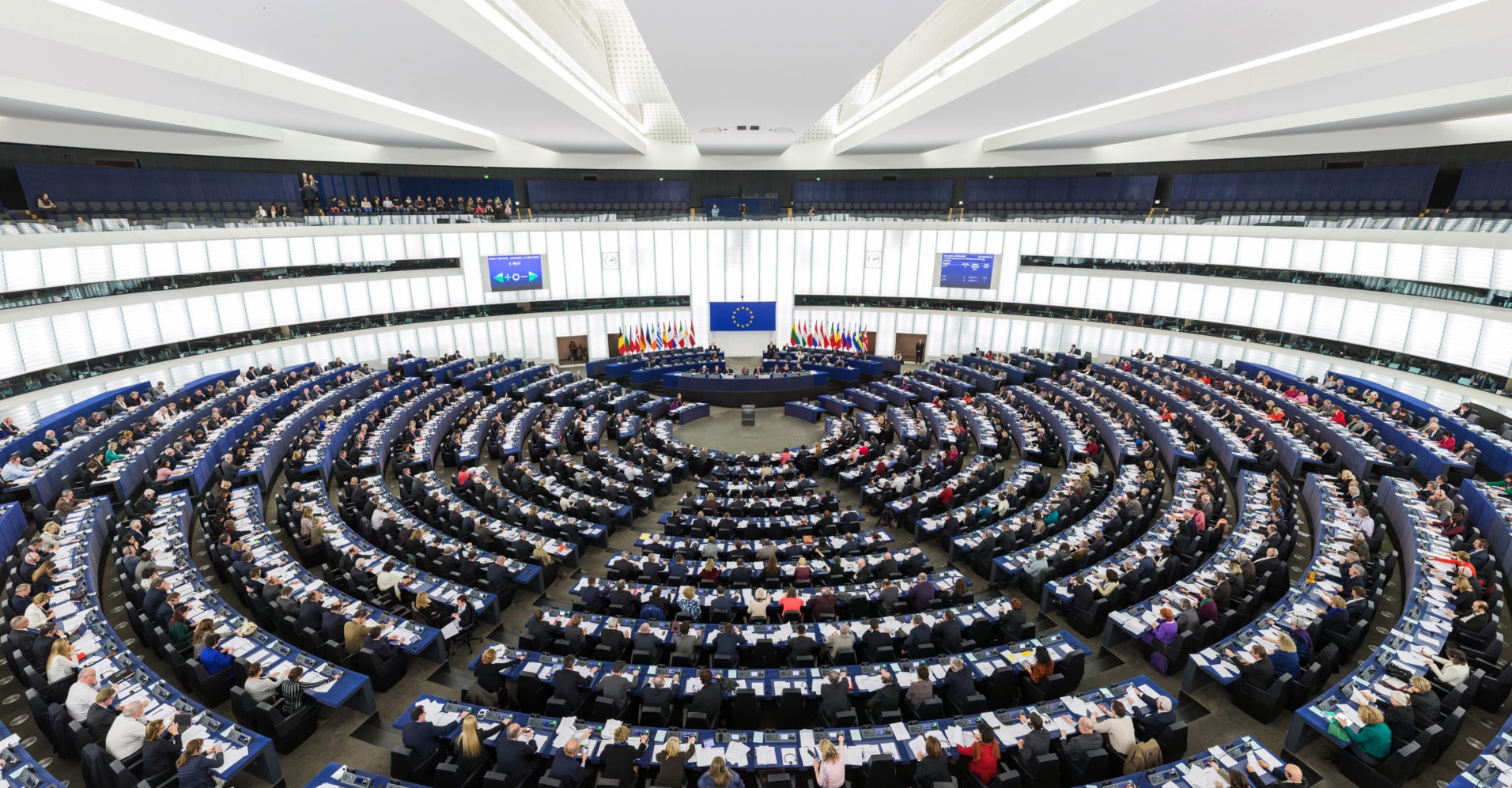Today’s ESG Updates
- Trump Imposes 104% Tariff on China: President Trump escalates the trade war, adding an 84% tariff on Chinese goods.
- EU Warns on Crypto Stability Risks: ESMA raises concerns about cryptocurrency’s growing influence on financial stability.
- China Restricts Rare Earth Exports: China limits rare earth exports, disrupting global electronics and EV supply chains.
- EU Considers Carbon Credits for 2040 Targets: The European Commission explores using international carbon credits to meet climate goals.
Trump goes full steam ahead on tariffs with huge 104% tariff imposed on China
Starting today, all goods from China will be subject to a tariff of 104% as Trump slaps an additional 84% tariff on all Chinese goods.
“Countries like China, who have chosen to retaliate and try to double down on their mistreatment of American workers, are making a mistake,” White House Press Secretary Karoline Leavitt told reporters.
China refuses to budge as Beijing prepares to fight Trump to the end, as the country looks to protect its trading power. The trade war between the two superpowers continues to intensify as key players like the EU do their preparations. It is now key to watch the market and prepare for opportunist steps with future-proofing strategies, like ESG solutions, as the trading landscape faces uncertainty.
***
Further reading: Trump to slap additional 84% tariffs on Chinese imports, White House says
EU markets watchdogs warn of increasing reality of crypto-related financial instability
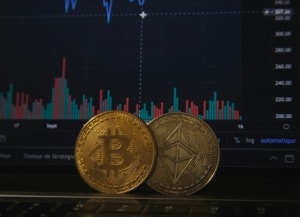
The European Union’s securities watchdog warned that problems in the cryptocurrency industry have become much more alarming as its increasing ties to the traditional financial market make it a risk for future financial stability. The European Securities and Markets Authority (ESMA) noted that the US plans to remove some of the barriers between cryptocurrency and traditional banking sectors, increasing the potential risk of crypto influence and a catalyst for broader instability. As Trump focuses on building a crypto business, it is key to monitor crypto’s increasing influence and risk point.
***
Further reading: EU markets watchdog warns of crypto-related financial stability risks
China’s rare earth export restrictions pose a threat across the global chipmaking industry

Responding to increased tariffs from the US, China is hitting back with trade restrictions on rare earth. Multiple industries, including crucially electronics and EVs, rely on rare earths. China supplies 90% of the minerals worldwide, causing a massive headache for the global industry when the inbound tariffs take effect. The electronics industry will feel the impact of the restrictions, with electronic products like the new Nintendo Switch having their pre-orders cancelled due to tariffs. In words that are echoed across global industries, Elon Musk has called the whole situation “dumber than a sack of bricks”.
***
Further Reading: China’s Rare Earth Export Restrictions Threaten Global Chipmaking Supply Chain
EU to reconsider using international carbon credits to meet 2040 climate targets
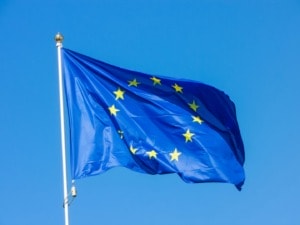
The European Commission is weighing up its climate strategy with a shift in focus to international carbon credits. Following the constant balance of financial stability and sustainable progression, the Commission realises that the need for international carbon credits might be needed to meet the 2040 emission goals and remain economically competitive. The use of global credits is a move away from the current EU climate policy, with member states’ industries requiring the reduction in pressure. The EU banned such credits in 2013 as low-quality credits crashed the market. Critics still worry about fraud, price collapse, and loss of integrity for the EU, with some arguing that there is a potential for increased soft power as the EU gains popularity with countries badly in need of finance. Either way, incorporating sustainable frameworks with ESG tools will provide businesses with the best tools to take advantage of carbon credits.
***
Further reading: EU Considers Using International Carbon Credits to Meet 2040 Climate Target
Editor’s Note: The opinions expressed here by the authors are their own, not those of impakter.com — Cover Photo Credit: engin akyurt


